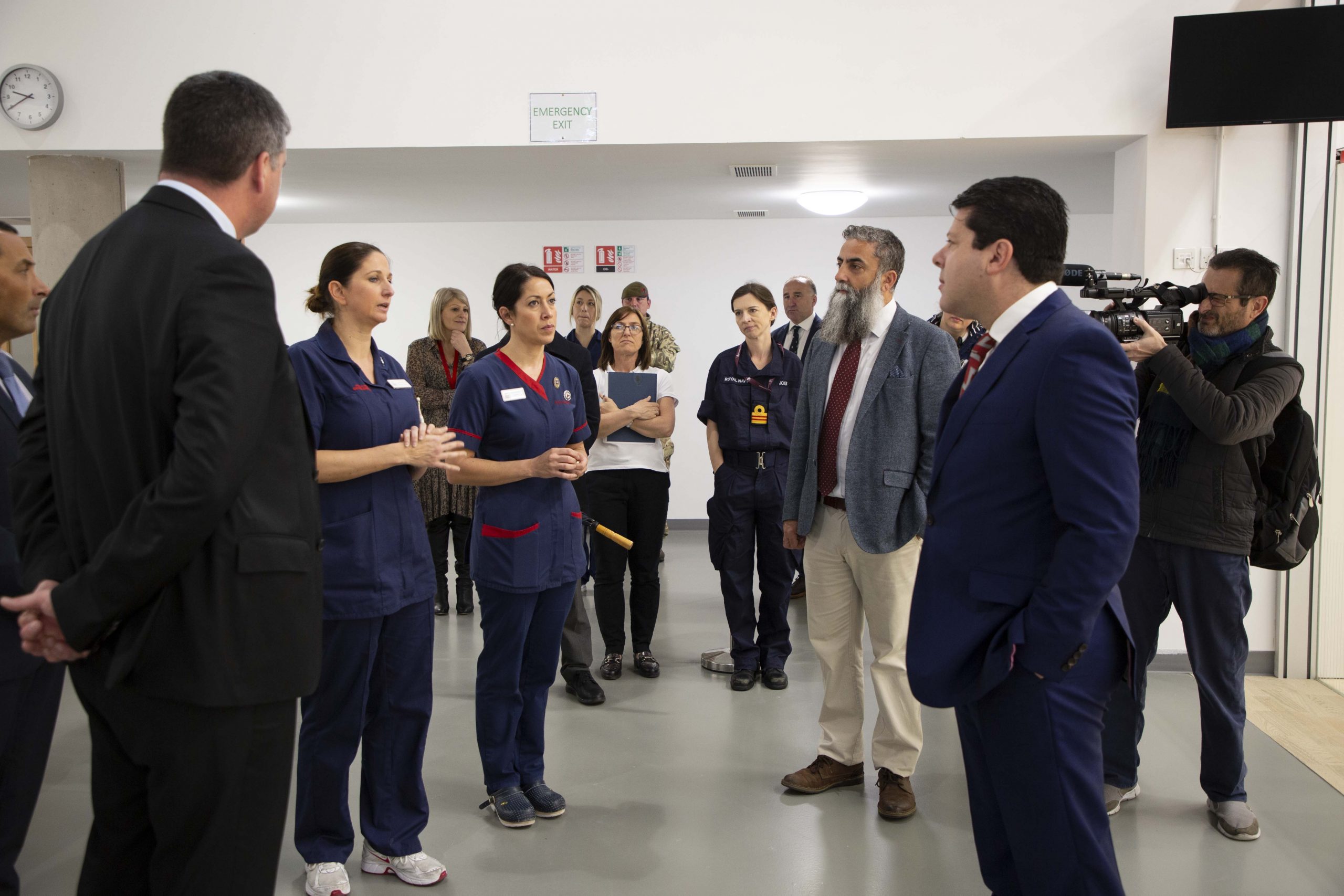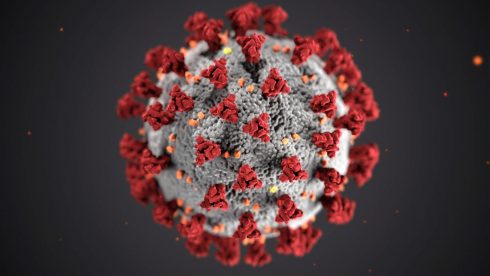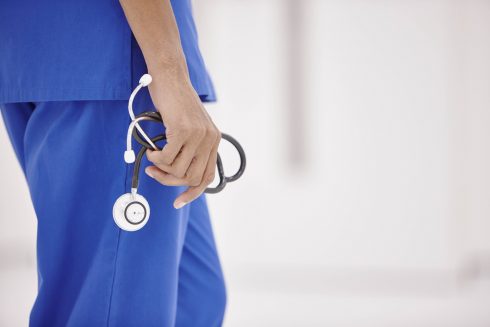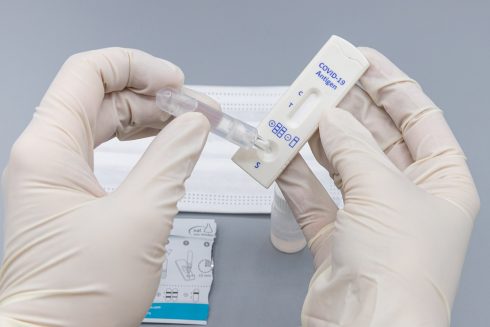STOPPING people leaving home could be slowing down the spread of the virus ‘too much’, according to the Chief Minister.
This could put Gibraltar in danger of a second wave of the infection, Fabian Picardo said today.
It comes after the latest figures saw the amount of confirmed cases had risen to 109 overnight.
Of those, 52 have healed completely with 57 cases still active, three of them in the COVID-19 Intensive Care Unit (ICU).
These figures come the 1,032 results received with 355 still pending, adding up to 1387 swabs being made.
The majority of this number comes from those with COVID-19 symptoms, apart from 391 random samples.
On going to press, only four out of the 184 swabs taken from people who had not reported feeling unwell had tested positive for the virus.
From the active cases, 49 were at home, three at Hillside, another three in John Ward at the hospital and two in the COVID-19 ICU.
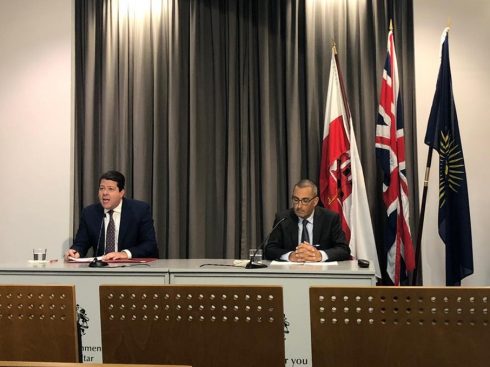
Herd immunity
The Chief Minister observed that the random sample shows the virus has only affected 2% of the population.
“The initial predictions that we had were based on data from outside of Gibraltar with no preventative action on the government’s part,” said Chief Minister Fabian Picardo.
“The previous predictions, were that by the fifth of April, we would have had 592 cases, instead of the 109 cases I’ve been able to report to you this afternoon.
“This is a real suggestion that our measures are working.”
The government is now looking to put together these figures next week in the form of graphs to show the gradual, slow rise of the virus and if measures could be changed.
One of the main problems with this slow spread of the virus is that while hospitals are not being burdened, herd immunity might take too long to achieve.
“We need to see whether we’ve succeeded in suppressing too quickly, or too effectively,” said Picardo.
“If we manage to suppress it down to 2%, then our success may have been too great and we may be at risk of a second wave.”
Picardo referred to the Swedish model where there was no social lockdown and figures have been modest.
However, today’s death rate of 76 in Sweden has called into question this laidback tactic, with businesses to close and public gatherings to be banned shortly.
For Gibraltar, however, two ideas Picardo spoke about were to ‘release those not in the vulnerable groups’ or ‘give passports to those had passed the disease’.
BEAT abuse
There have been over 550 applications covering nearly 4,000 employees for the BEAT COVID scheme.
The Chief Minister pointed out one of the abuses of this system was that there were some people asking for money as both employee and self-employed person.
Some of those have a wage for public or private work and had a business at the same time so they might think they could receive from both sides.
The Chief Minister said this attempt at ‘double recovery’ is ‘absolutely intolerable’ and he has promised not to hesitate to ‘deal with them’.
Rather than think of the whole community, these people are thinking of their own personal wealth and social standing even at this critical time at the cost of the taxpayer.
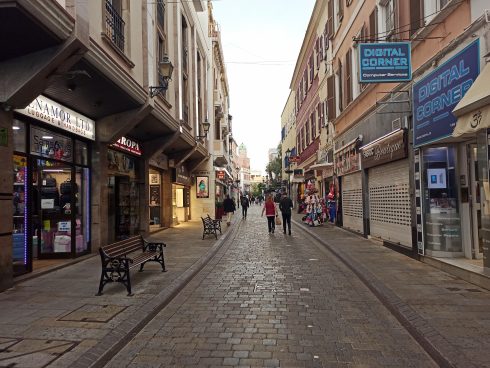
Infected health-workers
After weeks of not wanting to reveal the amount of GHA workers who were infected with COVID-19, Medical Director Krish Rawal spoke up.
As expected, the numbers did not make good reading, with 98 healthcare workers in isolation at the moment, 28 who have tested positive, a quarter of all infected so far.
“There is no evidence that the spread of this virus has come from the hospital or its patients but from the community,” said Rawal.
This will come as a welcome relief to GHA users, although it has come as a shock that such a high number are infected.
Rawal insisted that there was no point in testing everyone because it would only give ‘a snapshot’ of the spread of the virus at that time, which could change very quickly.
Instead of swabbing elderly people, he is putting carers and assistance for them into their homes with new tests now being bought.
A research project is currently being carried out by the Gibraltar Health Authority in partnership with Public Health England.
It will show how and why cases worsen, which methods work to reduce spread and how many cases to expect in the community.

